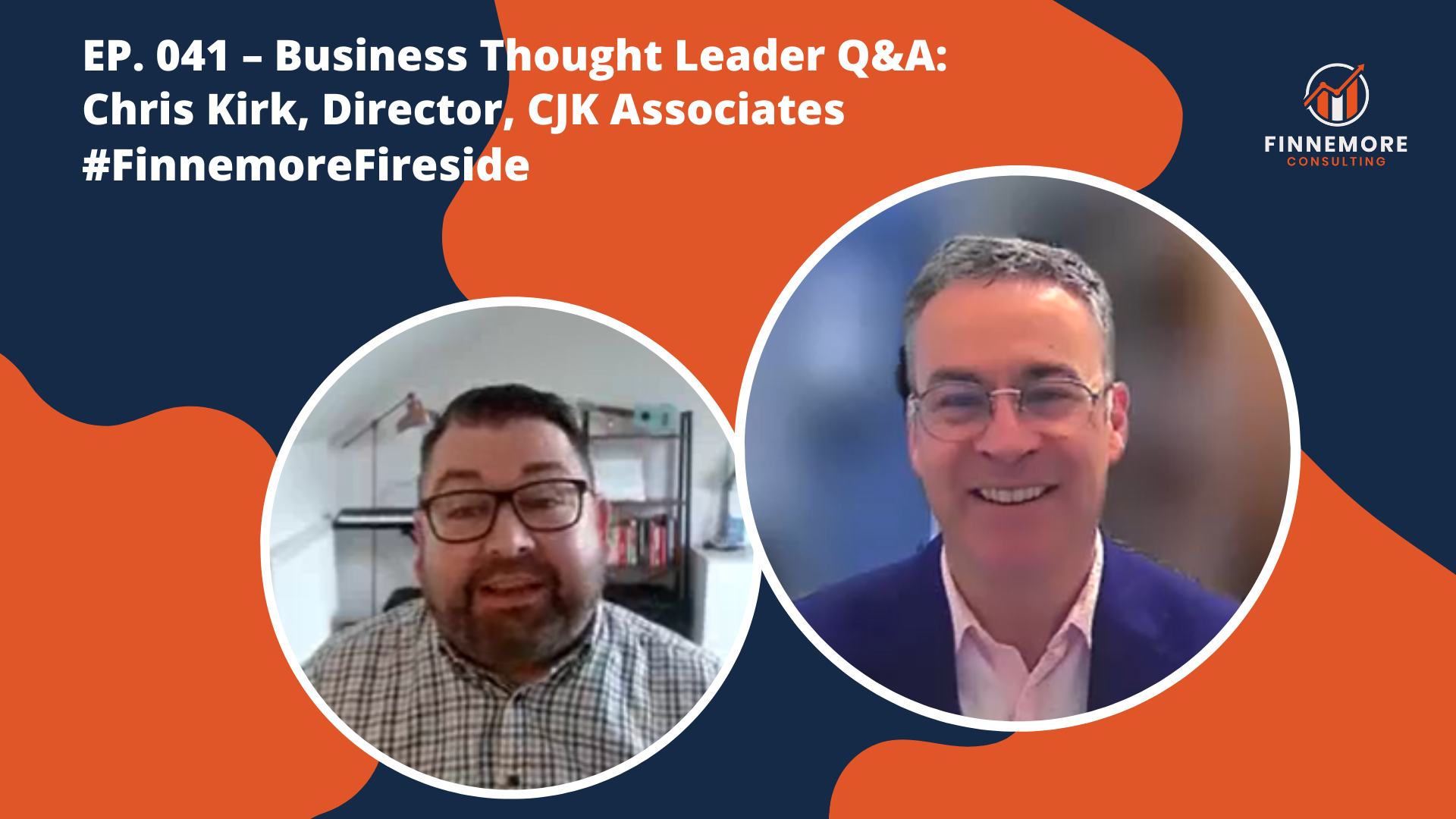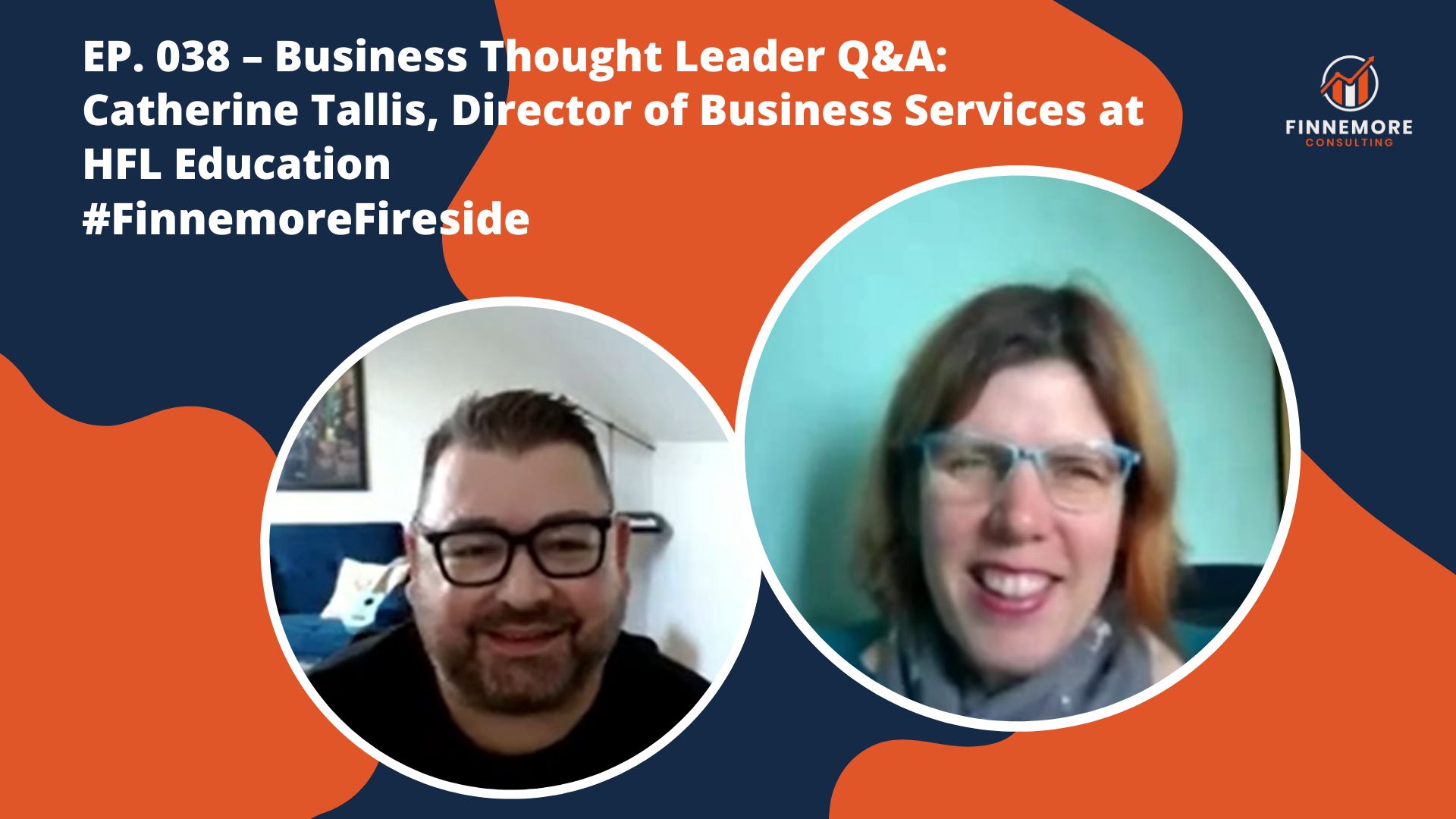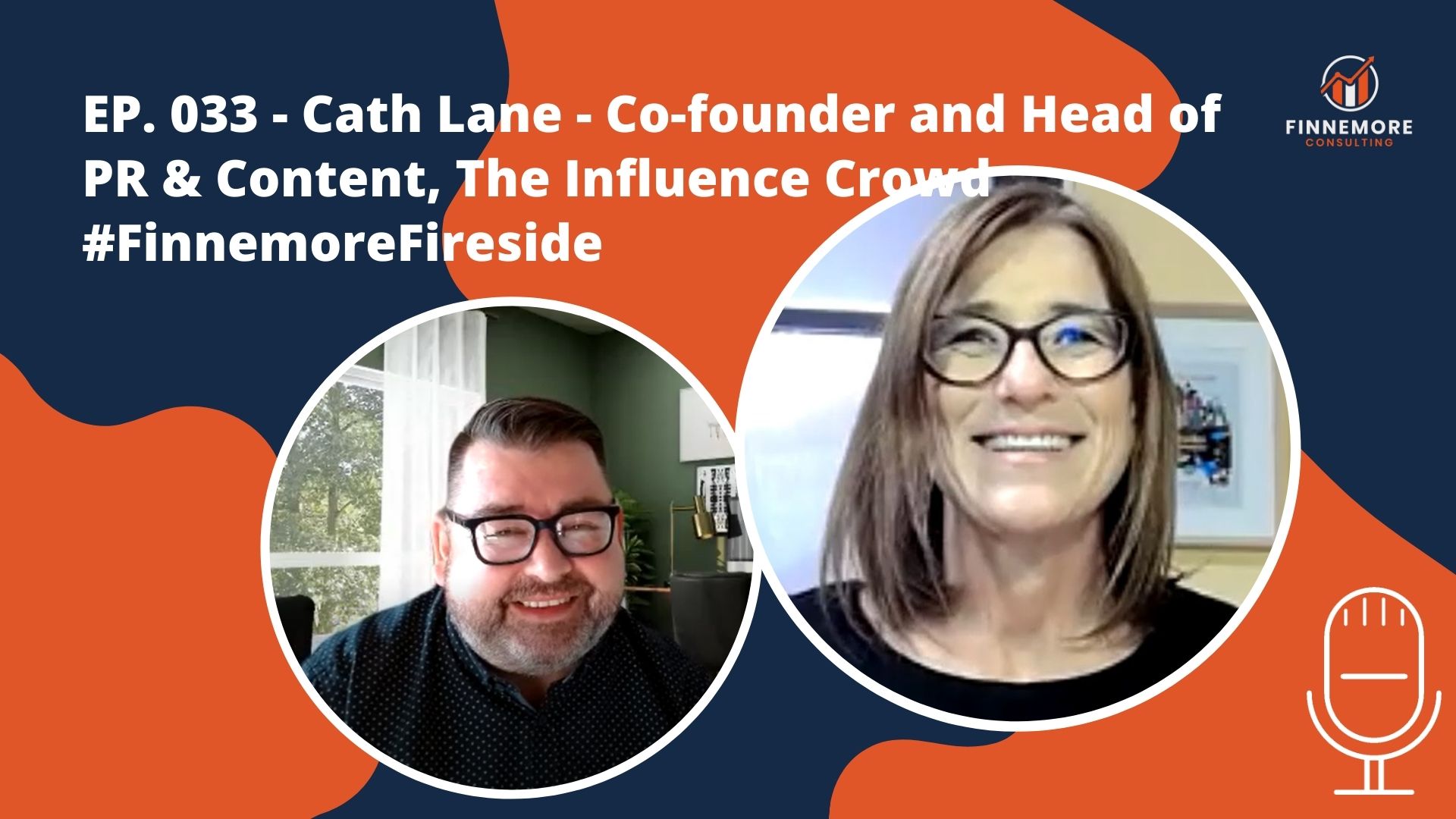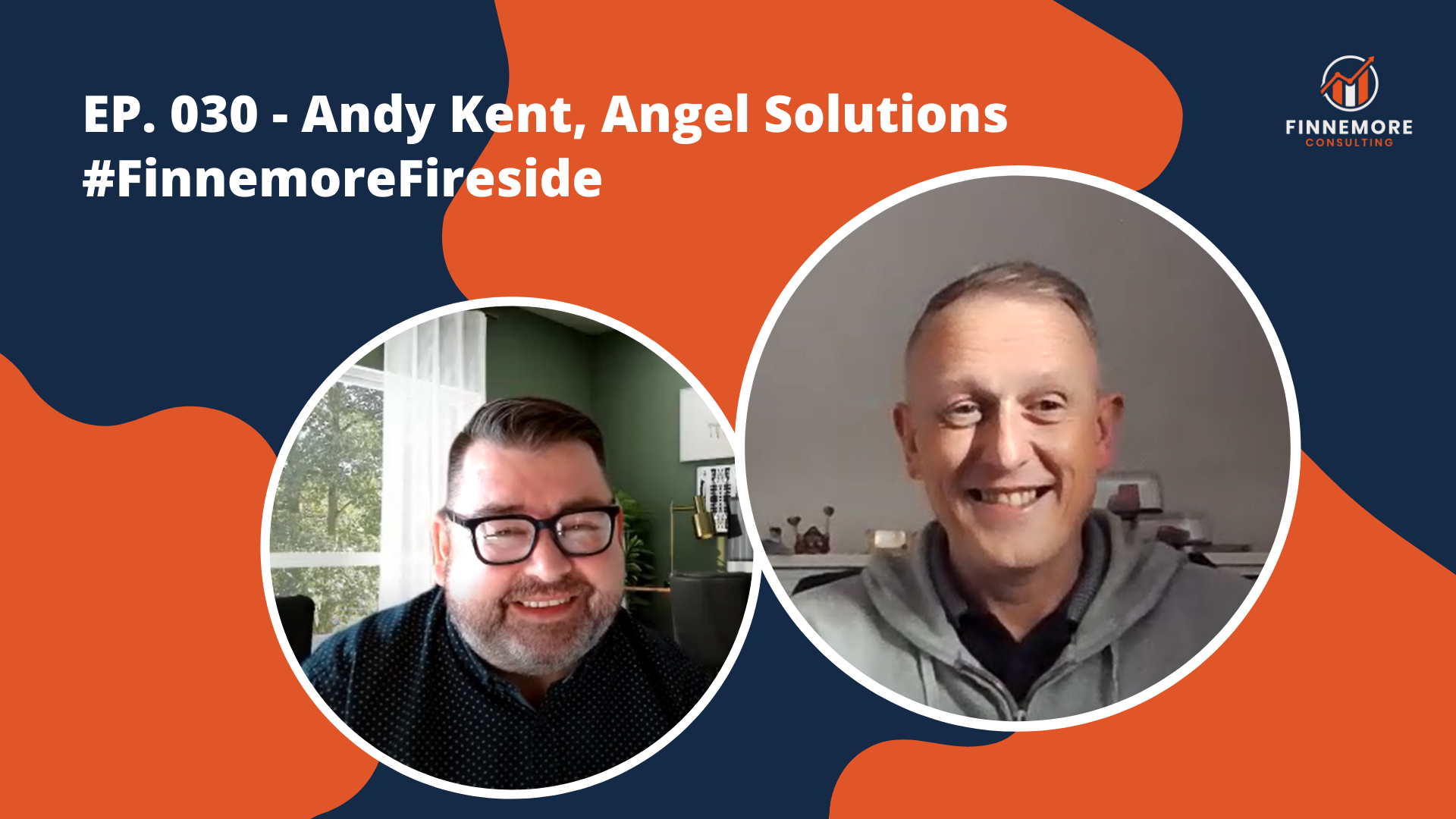Our final #FinnemoreFireside of this academic year is with Chris Kirk of CJK Associates. Chris’ work is varied and he and his team support the mission of education by providing strategy, business planning, organisation design, operations, procurement and shared service advice to education organisations.
Chris works extensively with multi-academy trusts on vision, strategy, operating models and governance/finance reviews, so our Q&A session focuses on MATs and their needs, and what this means for suppliers – both now and in the future.
It’s a really insightful discussion and we cover topics including:
- Fostering social responsibility in schools and achieving aspirations through clarity
- How schools can contribute to society
- Finding your mission: understanding and showcasing your unique capabilities
- Unlocking the power of professional networks: how Trusts can make a difference
- The challenge of ensuring adequate support for high-need pupils
- Establishing a culture of consistency: How do you ensure a similar mission statement in new schools/academies?
- The future of school groupings and the natural drift towards ten
- When MATs stand firm and refuse to uphold the Regional Commissioner’s agenda
- What is Collaborative Alignment? Achieving aspirations through group collaboration
- The challenges facing schools as the educational environments change
We’d love to hear your feedback and comments below. Enjoy!








